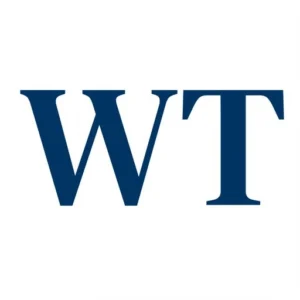
The healthcare industry in the Middle East has been undergoing a substantial transformation, with women taking center stage in diverse roles. From doctors and nurses to researchers and administrators, women are breaking stereotypes and excelling in previously male-dominated positions. This shift can be attributed to several factors, including increased access to education, changing societal attitudes, and the realization of the immense potential that women bring to the sector.
One of the driving forces behind the rise of women in the Middle Eastern healthcare industry is the growing emphasis on education. Governments and organizations in the region have been investing in educational initiatives that encourage women to pursue careers in medicine, nursing, and other healthcare-related fields. Scholarships, grants, and mentorship programs have enabled aspiring women to access quality education and training, ultimately fostering a new generation of skilled healthcare professionals.
Women in the Middle East are challenging traditional stereotypes that have long limited their participation in certain professions. In the past, cultural norms and biases often hindered women from pursuing careers in healthcare. However, as these barriers gradually erode, women are proving that their capabilities and dedication know no boundaries. Their determination is not only transforming the healthcare industry but also inspiring future generations of women to dream big and break free from societal constraints.
In addition to excelling in clinical roles, women in the Middle Eastern healthcare industry are increasingly taking up leadership positions. The qualities often associated with effective healthcare leadership, such as empathy, collaboration, and strong communication skills, are naturally inherent in many women. As a result, women leaders are bringing fresh perspectives and innovative approaches to healthcare management, which is crucial for the continuous improvement of healthcare systems in the region.
While progress is evident, it’s important to acknowledge that women in the Middle Eastern healthcare industry still face challenges. Cultural norms, work-life balance, and lingering gender biases continue to pose hurdles. However, the determination and resilience of these women are driving them forward, overcoming obstacles and leaving a lasting impact.
The rise of women in the Middle Eastern healthcare industry is not only a matter of gender equality but also a critical step toward creating more diverse and inclusive healthcare systems. Diverse healthcare teams are better equipped to understand and address the unique needs of patients, resulting in improved patient outcomes and overall system effectiveness.
The increasing presence of women in the Middle Eastern healthcare industry marks a significant shift in the region’s societal landscape. These women are not only contributing to the advancement of healthcare but also challenging stereotypes and paving the way for a more inclusive and equitable society. As governments, organizations, and communities continue to support and empower women in healthcare, the Middle East is poised to realize the full potential of its diverse and talented workforce, leading to healthier, happier, and more prosperous societies for all.

